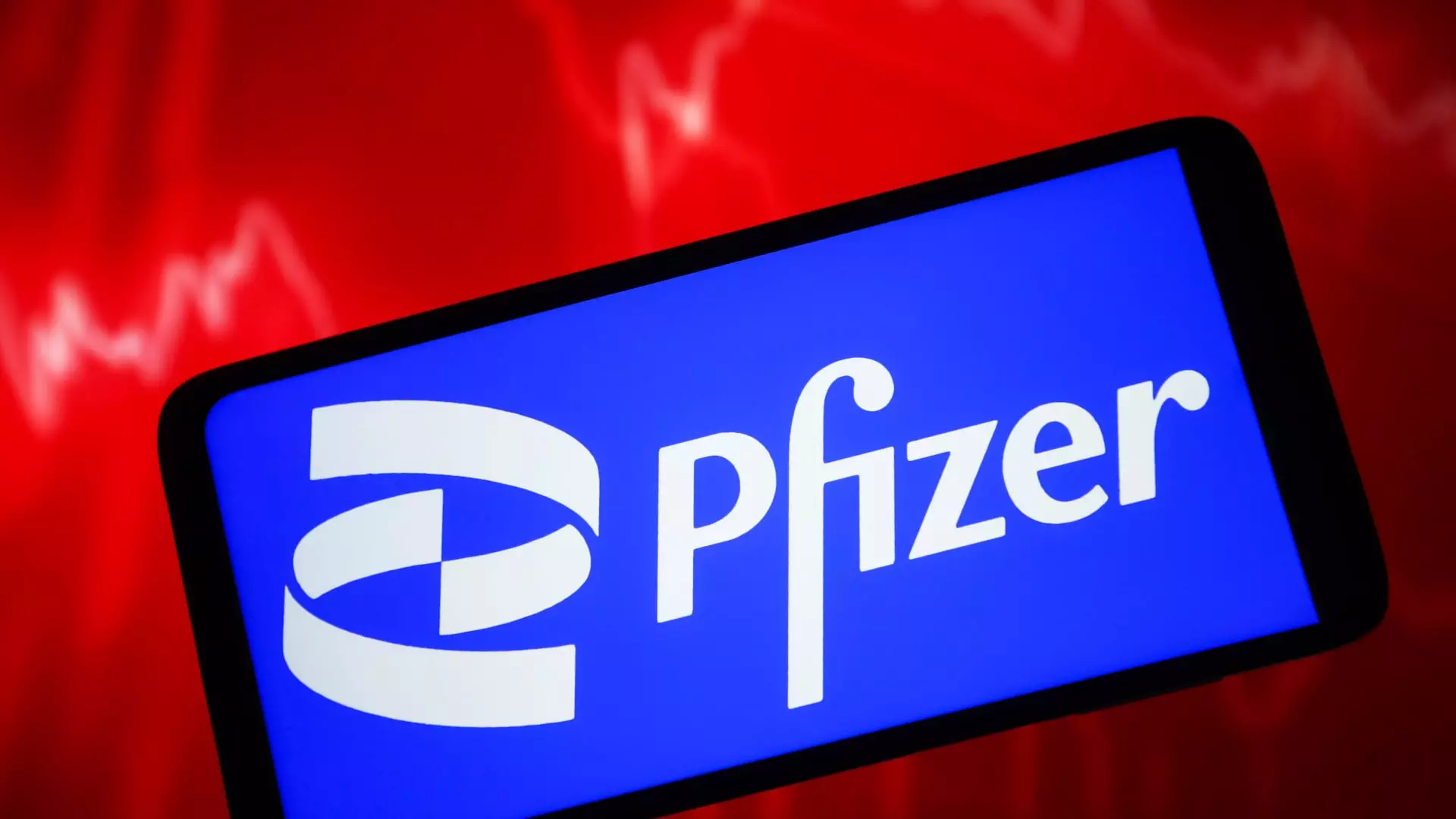Hemophilia B is a rare genetic bleeding disorder that affects thousands of individuals in the U.S. This condition is characterized by insufficient levels of factor IX, a crucial protein that helps blood clot and stop bleeding. Without enough factor IX, patients with hemophilia B are at risk of frequent bleeding episodes, which can lead to pain and mobility issues. The standard treatment for this condition involves regular infusions of factor IX, which can be cumbersome and disruptive to patients’ daily lives.
The Food and Drug Administration recently approved Pfizer’s gene therapy for hemophilia B, marking a significant milestone for the company. Known as Beqvez, this one-time treatment is designed to enable patients to produce factor IX themselves, thereby reducing the need for regular infusions. In clinical trials, Beqvez was found to be superior to the standard treatment for hemophilia B, offering a more convenient and effective option for patients.
Dr. Adam Cuker, director of Penn’s Comprehensive and Hemophilia Thrombosis Program, highlighted the potential benefits of Beqvez for patients with hemophilia B. He emphasized the importance of reducing the medical and treatment burden associated with the condition, as well as preventing spontaneous bleeding episodes. By offering a more streamlined and long-term solution for hemophilia B, Pfizer’s gene therapy has the potential to transform the lives of patients.
The approval of Beqvez is part of Pfizer’s broader strategy to invest in gene and cell therapies, which are emerging as a promising treatment option for a variety of diseases. These therapies target the underlying genetic causes of diseases and aim to provide a one-time, high-cost solution that can significantly alter the course of a patient’s condition. Pfizer’s acquisition of Beqvez from Spark Therapeutics underscores the company’s commitment to driving innovation in the healthcare industry.
While Pfizer’s Beqvez has the potential to revolutionize the treatment of hemophilia B, it will face competition from other gene therapies on the market. For example, CSL Behring’s Hemgenix, a similar treatment for hemophilia B, has already been approved by the FDA. The high cost of gene therapies, however, has raised concerns among health experts, as it may limit the accessibility and uptake of these innovative treatments. Pfizer’s upcoming experimental antibody, marstacimab, further expands the company’s portfolio of potential treatments for hemophilia A and B.
Pfizer’s approval of Beqvez represents a significant breakthrough in the treatment of hemophilia B. This innovative gene therapy has the potential to improve the quality of life for patients with this debilitating condition and pave the way for future advancements in gene and cell therapies. As the healthcare industry continues to evolve, Pfizer’s focus on cutting-edge treatments underscores the importance of innovation in addressing complex medical challenges.

